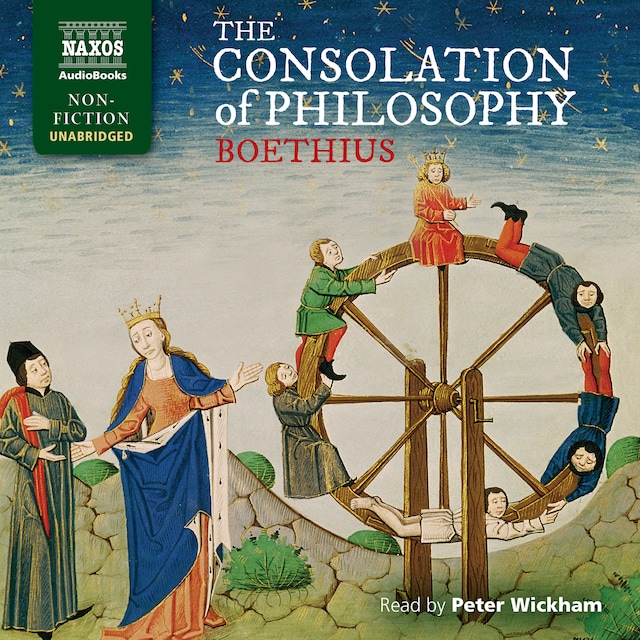
The Consolation of Philosophy
Description of book


